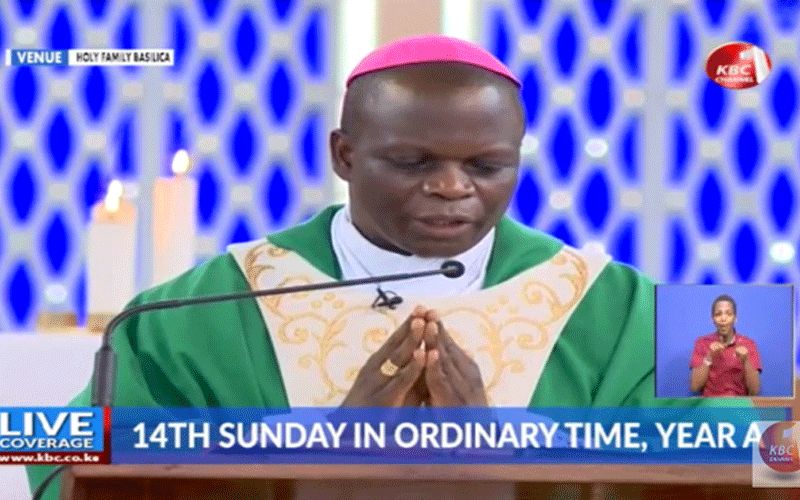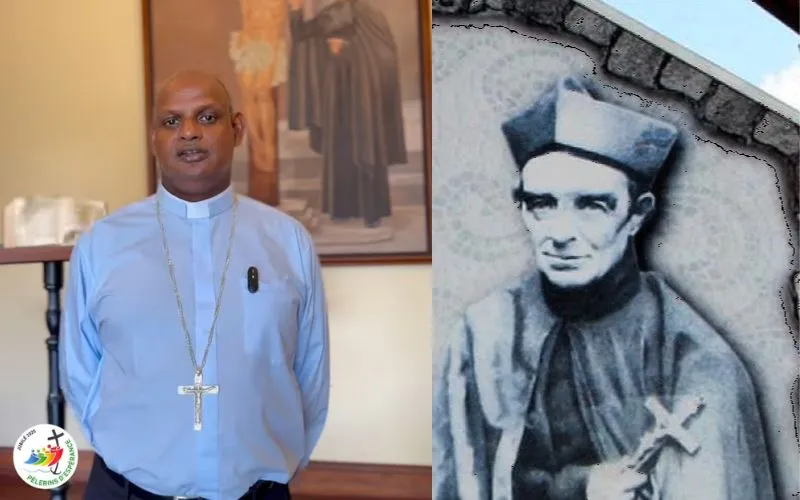Nairobi, 06 July, 2020 / 3:01 pm (ACI Africa).
Catholic Bishops in Kenya have, in their ongoing campaign against the Reproductive Health Care Bill 2019, reached out to “Christians and people of goodwill” in the East African nation, urging them to get engaged in the campaign as a manifestation of their religious and cultural identity “as Kenyans.”
Kenya’s demographics profile 2019 indicates that 83 percent of the country’s 48.3 million population is Christian.
“We call upon all Christians and people of good-will to stand up and defend the family unity, the dignity of our children, the religious and positive cultural values of our people and our identity as Kenyans,” members of the Kenya Conference of Catholic Bishops (KCCB) say in a collective message read out at the end of the televised Mass, Sunday, July 5.
The Bishops urge Christians to “rediscover the value of the family as the domestic Church” where “social values, virtues and morals for our children and youth are taught, encouraged and supported.”
“This is the only way to deal with the social and moral evils affecting our society today,” the Prelates say referencing the family as the domestic Church and add, “For this reason, we call upon parents and care-givers to first strengthen their relationship with God and strive to be exemplary companions to their children.”








